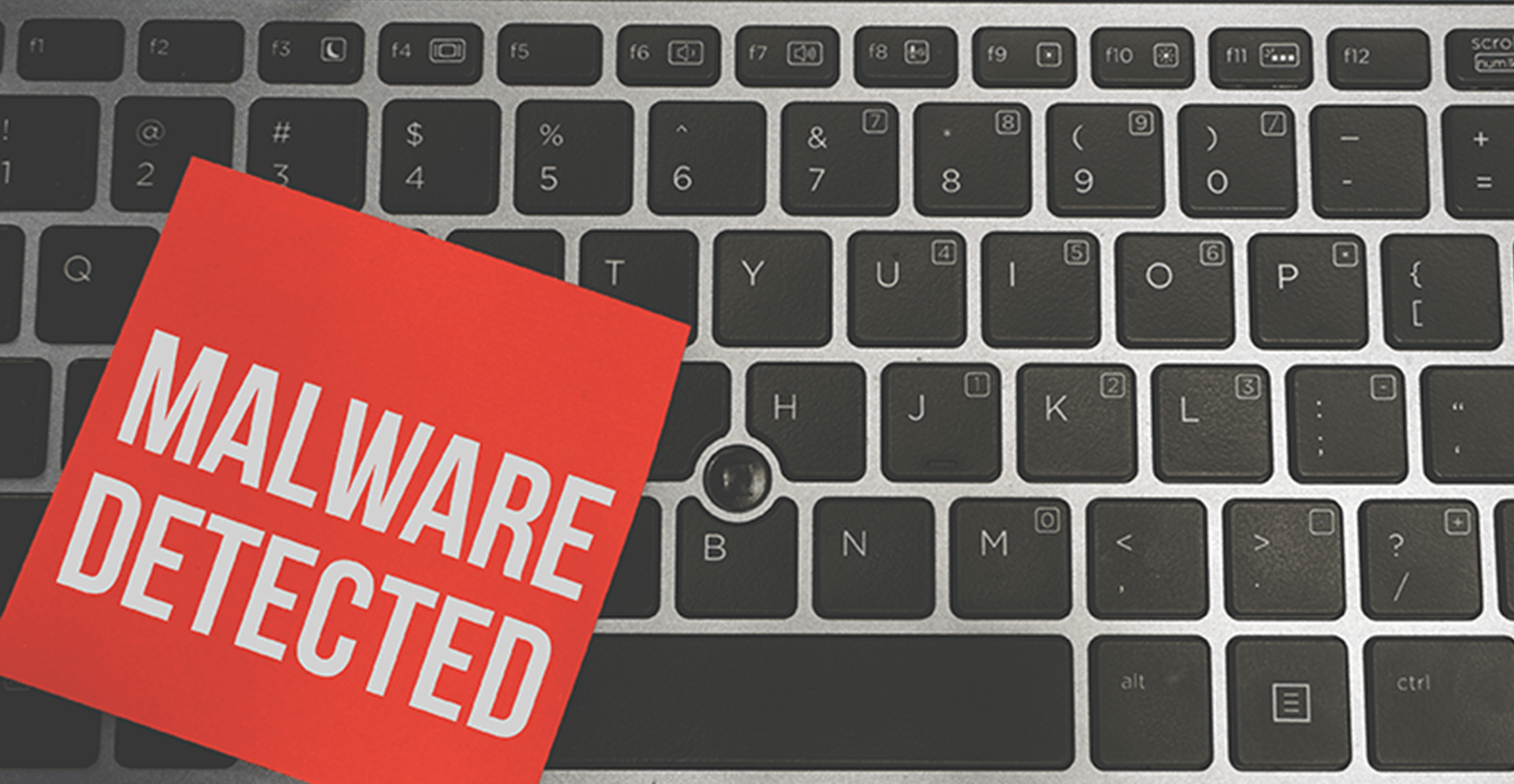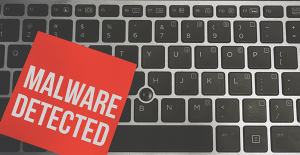How to Choose the Best Antivirus Software
Simplify your search for an antivirus software with this guide.
read morePublished on: June 3rd, 2018

You’ve likely heard the term “malware” used when discussing cybersecurity; but what is malware and how does it impact your computer? Continue reading to learn all about the various types of malware and how each affects your computer.
 Malware, also known as malicious software, is software that compromises your computer’s performance. There are various types of malware that wreack havoc on devices including adware, ransomware, spyware, and bugs. Each type of malware impacts your computer and your online security differently.
Malware, also known as malicious software, is software that compromises your computer’s performance. There are various types of malware that wreack havoc on devices including adware, ransomware, spyware, and bugs. Each type of malware impacts your computer and your online security differently.
Signs that your computer might be compromised by malware include:
If your computer is experiencing any of the above issues, rest assured that most malware can be removed with the help of a professional.
Review our brief breakdown of the different types of malware and how they affect your computer or laptop below.
All of these types of malware can significantly stunt your productivity, as well as compromise your online security. To prevent malicious software from attacking your device, it’s best to use caution when downloading new files and programs. Additionally, you should protect your device with antivirus software, malware detection software, and additional security programs.
If you think your device is under attack, or if you’d like help installing security programs, contact your local Computer Troubleshooters office. Our team has years of experience detecting malicious software and rectifying computer and laptop issues.
Simplify your search for an antivirus software with this guide.
read moreHave you received this notorious Windows error screen? Here’s how to fix it.
read more© 2025 Computer Troubleshooters.